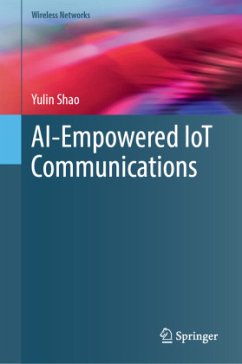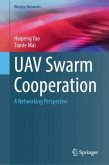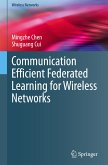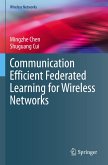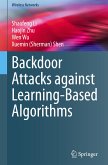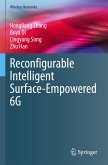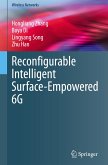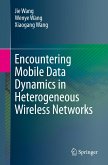This book presents a comprehensive framework for integrating Artificial Intelligence (AI) into Internet of Things (IoT) networks. It redefines communication paradigms by merging traditional data transmission with intelligent decision-making, adaptive feedback mechanisms, and semantic understanding. Beginning with foundational communication principles, the book progresses to advanced topics such as AI-enabled feedback coding, semantic representation, multi-agent learning for multiple access, and intelligent network control using deep reinforcement learning, graph neural networks, and large language models.
A central theme of the book is how AI can unlock new dimensions of energy efficiency, scalability, and reliability across diverse IoT environments, from industrial automation and healthcare to smart cities and edge learning. Through practical case studies and in-depth technical discussions, it demonstrates how intelligent protocols enhance communication quality, minimize energy consumption, and coordinate large-scale distributed devices. The book concludes with a forward-looking examination of societal and ethical implications, addressing key challenges in managing intelligent IoT systems at scale.
This book is intended for researchers, graduate students, and professionals in wireless communications, AI for networking, and IoT systems. System engineers and practitioners engaged in network optimization, industrial IoT, and smart city development will also find it a valuable resource.
A central theme of the book is how AI can unlock new dimensions of energy efficiency, scalability, and reliability across diverse IoT environments, from industrial automation and healthcare to smart cities and edge learning. Through practical case studies and in-depth technical discussions, it demonstrates how intelligent protocols enhance communication quality, minimize energy consumption, and coordinate large-scale distributed devices. The book concludes with a forward-looking examination of societal and ethical implications, addressing key challenges in managing intelligent IoT systems at scale.
This book is intended for researchers, graduate students, and professionals in wireless communications, AI for networking, and IoT systems. System engineers and practitioners engaged in network optimization, industrial IoT, and smart city development will also find it a valuable resource.

